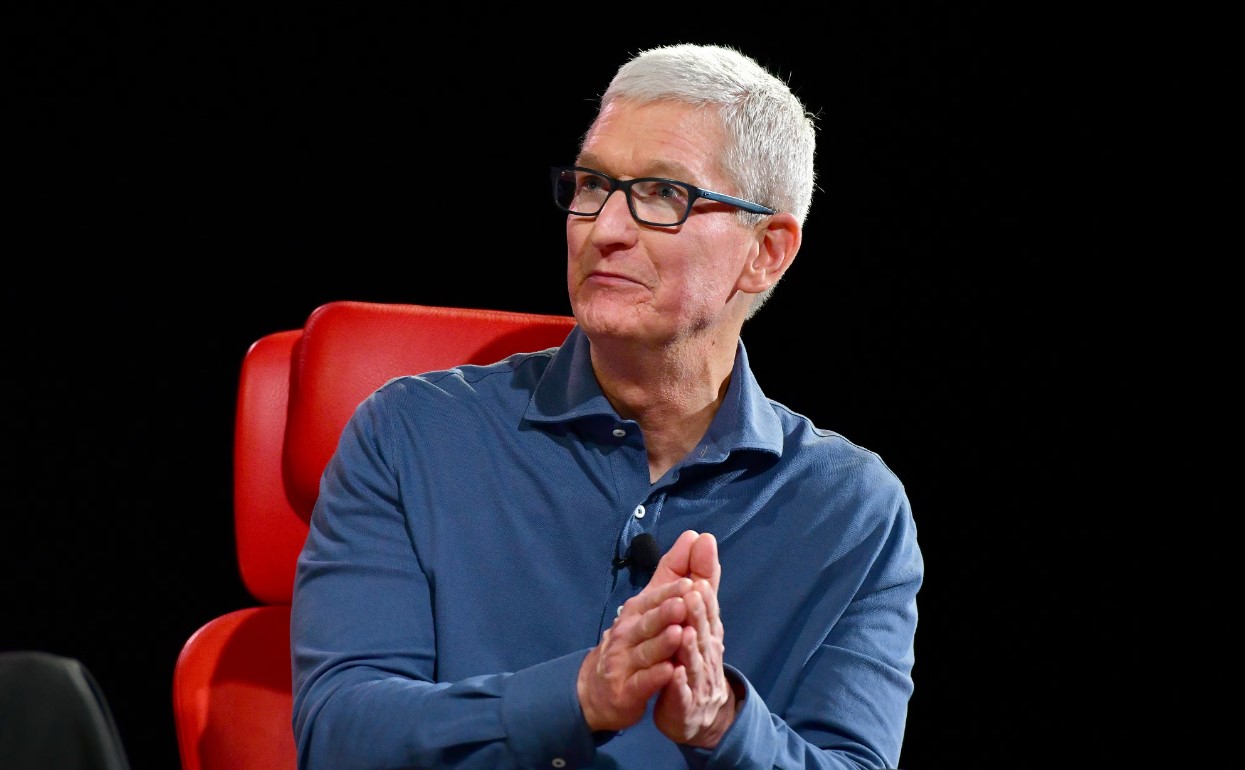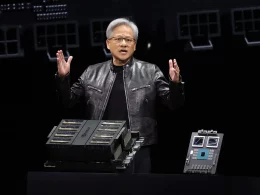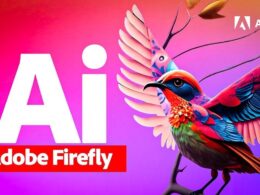A month ago, Apple’s CEO, Tim Cook, broke the company’s tradition of silece on upcoming products, tipping Wall Street investors on the imminent release of offerings based on artificial intelligence (AI). In the era of AI boom, Apple finds itself in a race against tech giants Google and Microsoft.
News reports have revealed that Apple has abandoned its plans to develop an electric car, a decade-long project, shifting assigned engineers to work on generative AI. This drastic shift may be regarded as a potentially serious setback by some. Currently, Apple lags behind its competitors, which presents a significant challenge for the company not seen since the iPhone era. In the midst of this, the electric car project was halted, the Vision Pro headset sales kicked off, and focus has returned to mobile phones.
For Apple’s investors, this transition to AI presents favorable opportunities. If the main battlefield in the AI sector becomes smartphones, the iPhone obtains a new lease on life. AI features will incentivate more frequent smartphone upgrades for consumers, while the rollout of voice services will boost up sales of iPhone peripheral devices, such as the AirPods and Watch. The introduction of locally deployed AI models on iPhones, for example for image editing, could be a plausible scenario. Directly processing AI algorithms on the devices would eliminate the need for developers to seek external cloud resources for AI execution, enhancing user privacy and security.
Apple may be able to leverage its huge customer base, which has remained loyal despite Google’s advancements in mapping navigation and image recognition. Nonetheless, Apple should not underestimate threats from Google and Microsoft. For instance, Microsoft-affiliated company OpenAI is preparing to launch the “GPT store” – a platform where developers can sell their custom projects based on OpenAI models. This open marketplace approach poses a direct threat to Apple’s walled-garden app ecosystem, the App Store. To prevent being outpaced, Apple must swiftly offer similar tools, transforming the App Store into a premier venue for mobile AI.
The rebranding of “Google Assistant” to Gemini — a leading-edge language model — is another cause for concern in Apple. Despite recent bugs found in Gemini, Google plans on positioning it as a versatile voice assistant, capable of solving complex tasks. Apple bought the voice-assistant project Siri in 2010 and subsequently integrated it into its phones. Steve Jobs showed significant interest in Siri, viewing it as a precursor to more powerful versions that could revolutionize human-smartphone interaction. That era may be arriving sooner than expected.





